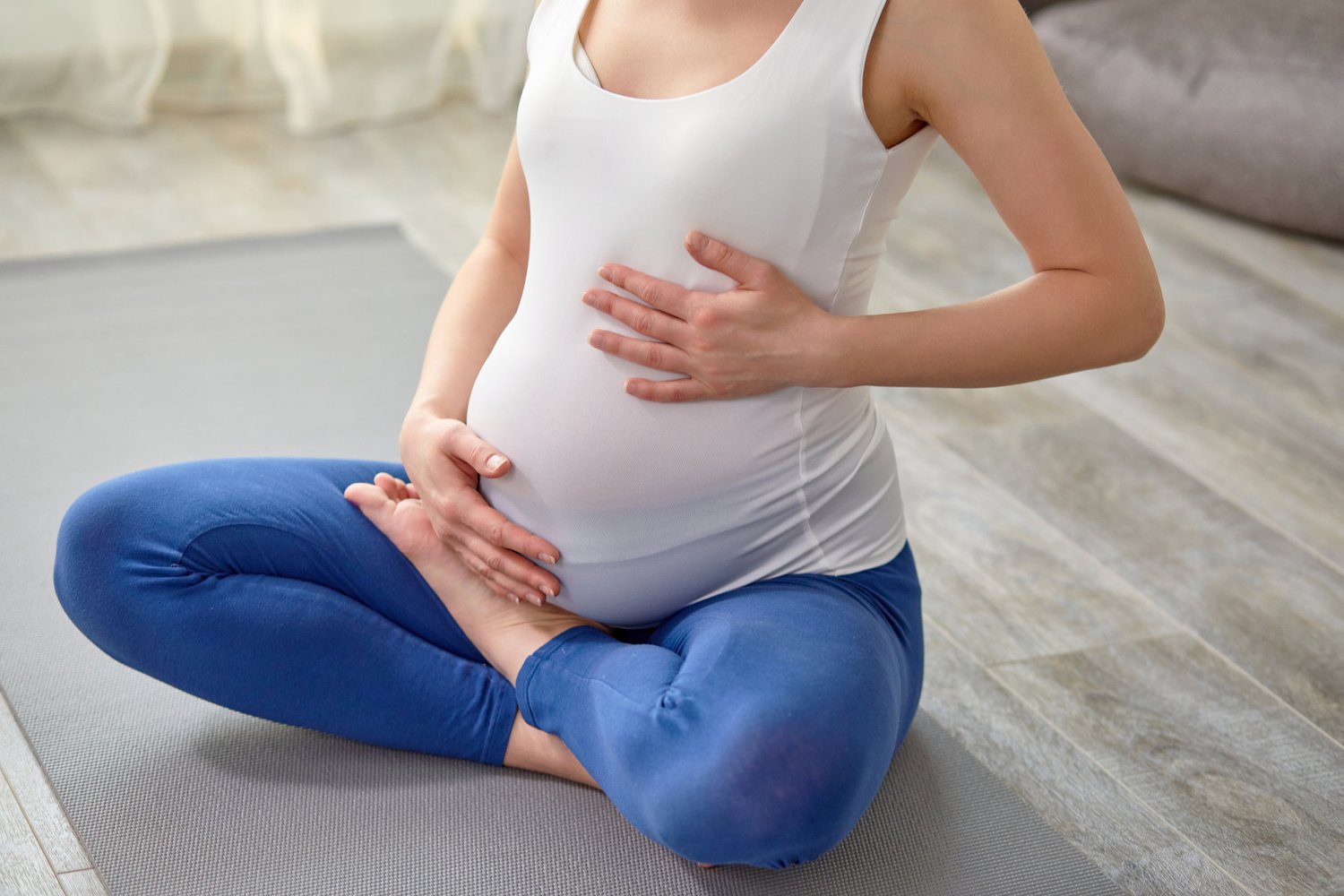1. When Should I Have Sex?
Have sex and have it often. During your cycle there are about the 5-7 days where you are fertile. This is when the egg releases from the ovary (ovulation) and travels through the tube. You need to have sperm in your body before the egg is released. That’s important. Position does not matter; Sperm will find their way to the tube no matter how you are lying. Do not douche or put anything in the vagina. There are some lubricants that kill sperm and some that are harmless. Natural lubrication works best.
2. When Should I Start a Prenatal Vitamin?
Start a PNV at least one month before attempting pregnancy. PNVs have more iron and folic acid in them. If you can’t swallow these pills, then try the chewable form. You should take the PNV throughout pregnancy and after delivery.
3. Can I Continue to Exercise?
Please exercise. Usually you can continue the exercise routine you did before attempting pregnancy. If you are starting a new routine, go slow. Walking is a great start. There is ample evidence that exercising not only helps reduce your risk of having diabetes and high blood pressure, it also can help with stress.
4. Does Stress Cause Problems with Getting Pregnant?
Stress releases adrenaline, catecholamines and cortisol, all of which can alter your female hormones and therefore ovulation. Let’s not forget the sperm. Stress reduces sperm count in men. It also lowers your sex drive. Reduce stress. Easier said than done. You need to figure out how to do this — meditate, sleep, exercise, yoga, write, find coping mechanisms. We live in a stressful world. Find something to help when you are stressed out.
5. What Should I do About my Medications?
This is a tough one. There are so many medications that commenting on this topic would be difficult unless we saw the actual list. We see a lot of women stopping their medications because they are trying to get pregnant. We can decide together whether the best option is to continue taking the medication, stopping the medication, or switching to another version of the medication. The best answer to this question is “make an appointment” to review the medications.
6. When Should I Stop my Birth Control?
Stopping your birth control can be done when you are ready to get pregnant. You don’t need “birth control free” time. Whether its the pill, IUD, vaginal ring, or insert, your cycles will rapidly go back to what they used to be. The shot (called DepoProvera) is the wild card. Most women have to wait a few months after their last shot before their cycles are back to normal.
7. Can I Drink Alcohol When I’m Trying to Get Pregnant?
By the time you realize you are pregnant with a missed period, the baby has already started developing. There is no amount of alcohol which is safe in pregnancy, especially at the beginning stages where the organs and brain are developing.
8. What Should I do to Increase my Chances of Having a Boy (or Girl)?
There has been much speculation and belief that girl sperm live longer than boy sperm, or that boy sperm swim faster than girl sperm. Because of this information, you could increase your chances of a certain sex based on timing of intercourse and ovulation. This all started with the Shettle Method when Dr. Shettle published a study detailing the differences. Researchers experimented with these theories. Sorry, but computer assisted sperm analysis has found no differences between X sperm and Y sperm. There is no scientific evidence to support that you can pre-determine a boy or girl baby.
9. Should I use an Ovulation Predictor Kit?
OPK can be found over the counter. They can be expensive, but can be very helpful to figure out when you are releasing the egg. The OPK measures a hormone called LH. The LH surges in your system right before you ovulate. When the test comes back positive it usually means that an egg will be released within 24-36 hours. Remember this is important because the sperm need to be in your body before you release the egg. Using the OPK is not necessary, but can be very helpful. There are other ways to figure out when you are ovulating.
10. How long Should I Try Before Seeking Help if I Don’t Get Pregnant?
80% of women will get pregnant within one year. If you are healthy and have regular cycles, wait one year before worrying about infertility. If you are > 35, try for 6 months and then come in. If you have irregular periods, it will be hard to tell when you are ovulating. If you have irregular periods, come in for an appointment.
We recommend a visit at any point to talk about getting pregnant and how we can educate and help you with this journey. We may not know all the answers, but we will work hard to help you with your goals.

